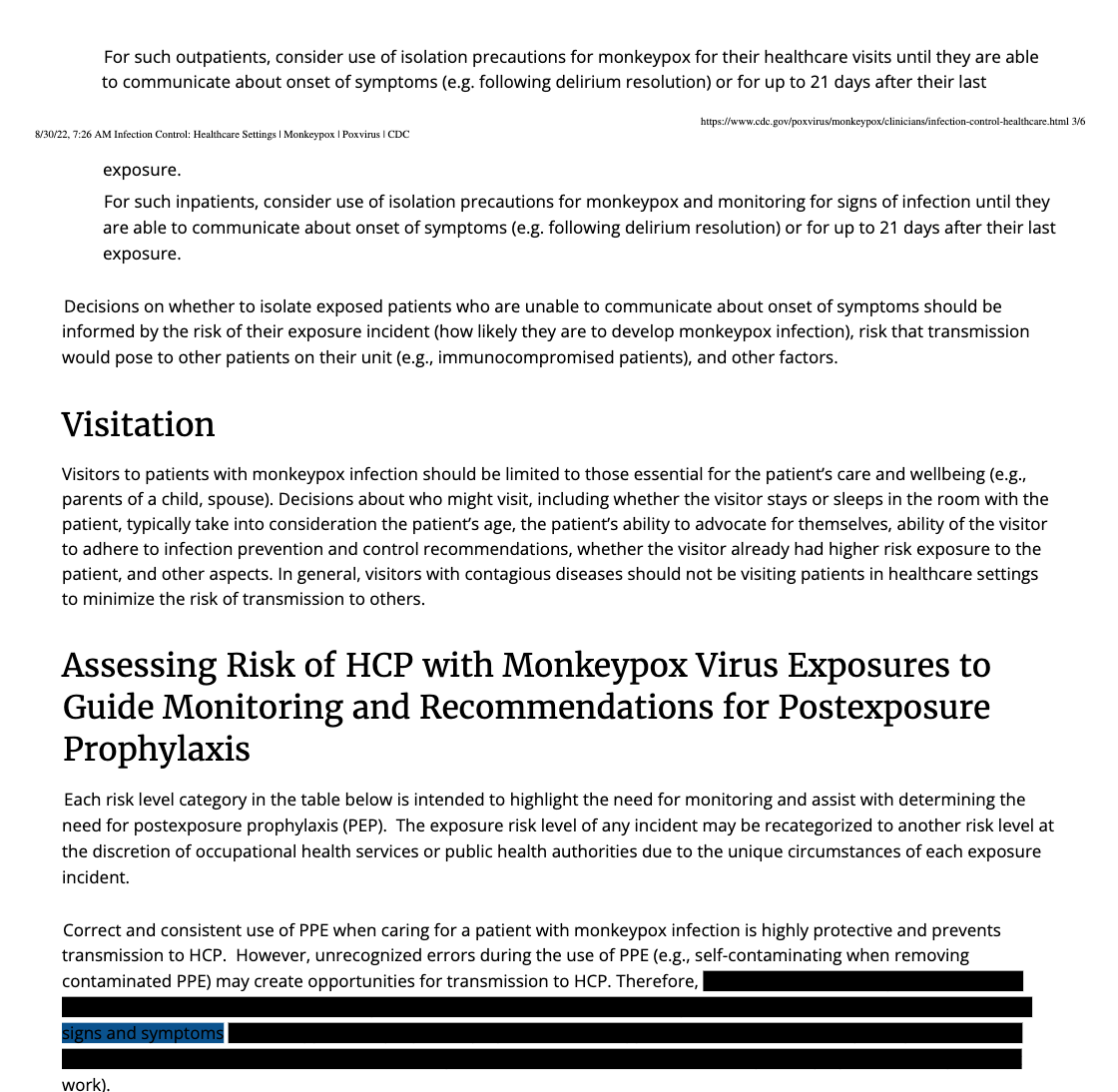Our Monkeypox Response
Our Coronavirus Response
In an effort to continue the quality of care we provide, Home Care Solutions will see only High Risk person’s whose safety depends overwhelmingly on our services.
“We care deeply about the health of the most venerable populations during these uncertain times.
We are taking extra steps to ensure our caregivers and staff are healthy and practicing social responsibility. As things change, which they seem to be doing daily, we will be here to help answer questions and offer encouragement to our caregivers, staff and clients.
We believe in this community. We are resilient, strong and kind. We pray for better days ahead and know that together, we will overcome these challenges ."
Jenny Wolff, RN Administrator
What You Need to Know About Coronavirus
It’s essential to know that the term “coronavirus” refers to a group of viruses that cause symptoms ranging from seemingly minor illnesses consistent with the common cold to deadly cases similar to Severe Acute Respiratory Syndrome (SARS), among others. The coronavirus is also considered a strain of the Middle East Respiratory Syndrome, known as MERS-CoV, which causes symptoms similar to pneumonia. What has officials gravely concerned is that coronavirus can be transmitted from human-to-human, animal-to-animal, and animal-to-human. This fact heightens the pathogen's ability to spread globally.
Health organizations believe the initial outbreak is linked to a Chinese seafood and animal wholesale market in Wuhan that was shut down on Jan. 1 for “environmental sanitation and disinfection,” according to the World Health Organization. The city of Wuhan is home to approximately 11 million people, and the Lunar New Year celebration will pack this ground zero. These are frequently asked questions about coronavirus that may prove valuable to understanding the health risk.
Why is Coronavirus Often Called MERS-CoV?
The underlying coronavirus is the root cause of MERS sickness. The CDC tends to simplify the verbiage by referring to it simply as MERS.
What Caused the Coronavirus?
The virus originated from animals located on the Arabian Peninsula. The virus was transmitted among animals, including camels, where it may have jumped to humans. The data about its spread among mammals remains incomplete.
What are the Telltale Signs of Coronavirus?
What remains problematic in identifying MERS-CoV is that symptoms tend to mirror common colds and the onset of pneumonia. They usually include coughing, fever, and shortness of breath. Some cases have presented with extreme symptoms, including nausea, vomiting, and kidney failure, among others. In most cases, symptoms emerge within 5-6 days. However, the virus can lay seemingly dormant for up to two weeks.
What Home Care Solutions Does to Protect Our Clients and Staff:
The first defense against coronavirus is to take proactive measures to minimize the chances of exposure. Organizations such as the CDC and WHO advise have advised the following actions:
Quarantine the Risk: Identify and isolate coronavirus patients in their homes
Clean Air Policy: Implement Respiratory Hygiene and Cough Etiquette, such as providing the infected person with a face mask and instruction to cough or sneeze away from people and into a tissue OR elbow.
Hand Hygiene: Healthcare professionals and workers who may come in contact with potentially infected persons are advised to wash hands before and after putting on protective gloves. Hand washing should include 20 seconds of soap and water, followed by an alcohol-based treatment.
Wear Protective Gloves: At-risk people are urged to wear certified disposable gloves and discard them after use.














